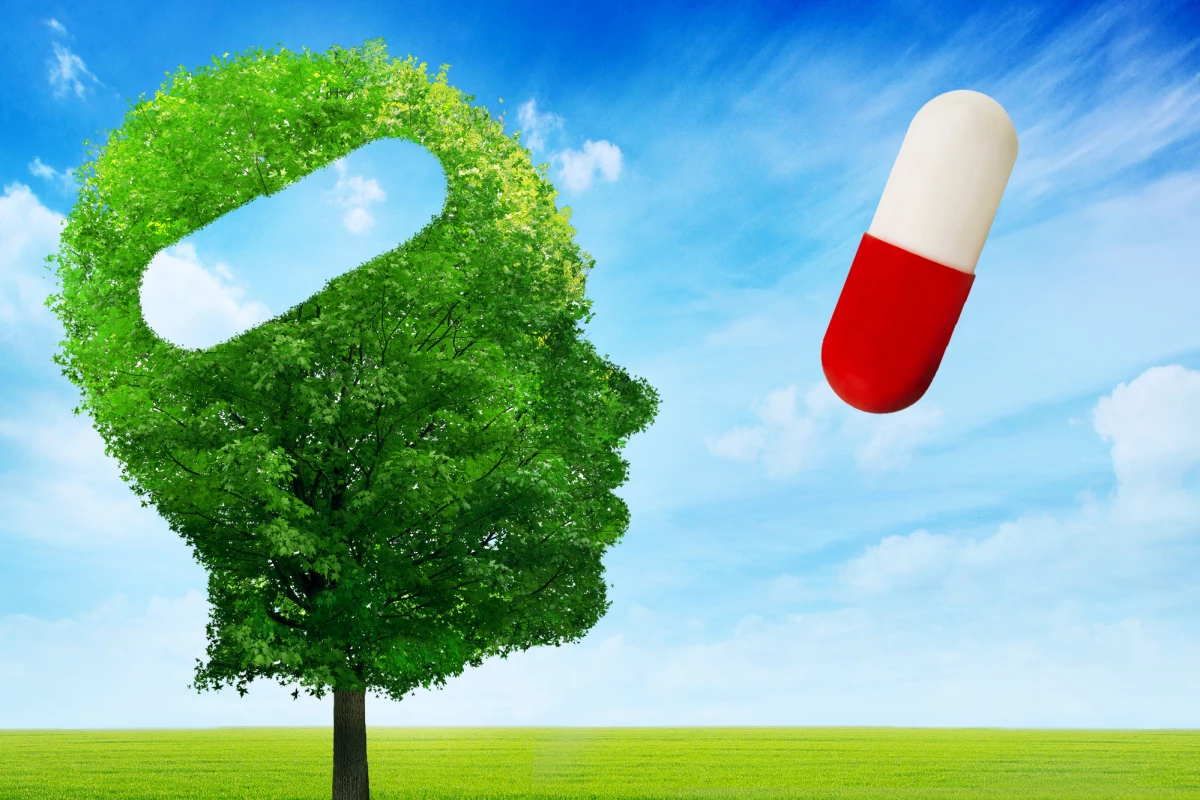A meta-analysis looking at data from 12 vaccine trials has concluded up to three-quarters of adverse events reported following COVID-19 vaccination can be attributed to the placebo effect. The researchers call for improved public health communication to inform people that many vaccine side effects can be attributed to what is known as the "nocebo effect."
Most people are familiar with the idea of the placebo effect, that strange phenomenon where health benefits are seen after someone consumes an inert treatment, such as a sugar pill, thinking it is an active drug. At the other end of the spectrum, some people experience negative side effects from taking a placebo. This is known as the nocebo effect.
“Adverse events after placebo treatment are common in randomized controlled trials,” said Julia Haas, lead author on the new study. “Collecting systematic evidence regarding these nocebo responses in vaccine trials is important for COVID-19 vaccination worldwide, especially because concern about side effects is reported to be a reason for vaccine hesitancy.”
The new research looked at data from 12 COVID-19 vaccine trials encompassing over 45,000 people. Over 35 percent of those in the trials receiving a placebo reported systemic side effects after the first dose, including fever, headache and fatigue. This compared to around 46 percent of those in active vaccine groups reporting similar side effects.
Nocebo responses were seen to drop after the second vaccine dose, with only 32 percent of those receiving a placebo reporting systemic side effects compared to 61 percent in the active groups. This suggests real adverse effects are slightly more common after a second vaccine dose. However, the researchers still calculate around 50 percent of side effects following a second dose can be attributed to the nocebo effect.
“Nonspecific symptoms like headache and fatigue – which we have shown to be particularly nocebo sensitive – are listed among the most common adverse reactions following COVID-19 vaccination in many information leaflets,” explained senior author Ted Kaptchuk. “Evidence suggests that this sort of information may cause people to misattribute common daily background sensations as arising from the vaccine or cause anxiety and worry that make people hyper alert to bodily feelings about adverse events.”
Kaptchuk has been researching the placebo effect for years and runs a specific placebo study program at the Beth Israel Deaconess Medical Center, a teaching hospital linked to the Harvard Medical School. While it is suspected that telling people about possible adverse effects before vaccination can enhance nocebo responses, according to Kaptchuk that does not mean the solution is withholding that information from a patient.
“Medicine is based on trust,” explained Kaptchuk. “Our findings lead us to suggest that informing the public about the potential for nocebo responses could help reduce worries about COVID-19 vaccination, which might decrease vaccination hesitancy.”
Kaptchuk’s prior studies introduced an unusual concept called an “honest placebo.” This research found that beneficial effects can be seen in patients taking a placebo even when they know they are taking a placebo.
In this new study Kaptchuk and colleagues suggest that informing people of nocebo responses could be the most effective way to reduce the volume of adverse effects seen after COVID-19 vaccination. This means more attention should be focused on better patient communication strategies, which ultimately could improve treatment outcomes and reduce vaccine hesitancy in the broader community.
“Emergent data suggest that full disclosure and education about nocebo responses may be helpful,” the new study concludes. “For example, adding simple but accurate information about nocebo responses to the usual informed consent procedure (eg, “participants in the placebo arm of the randomized clinical trials testing this intervention reported similar AEs [adverse effects], probably because of worry and anxiety”) helped reduce medication-related AEs in a clinical population.”
The new study was published in the journal JAMA Network Open.




